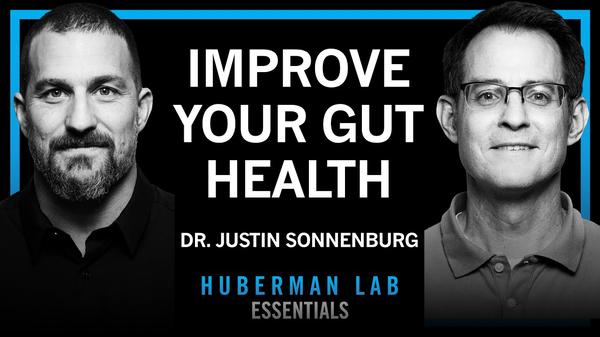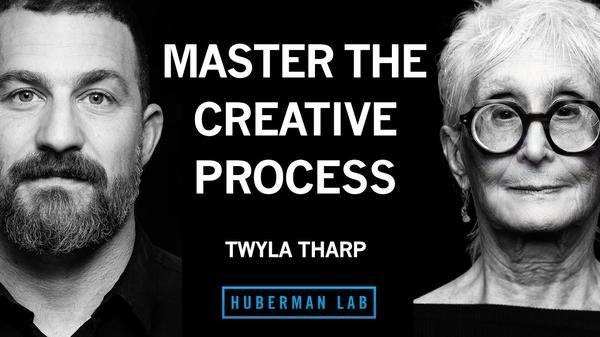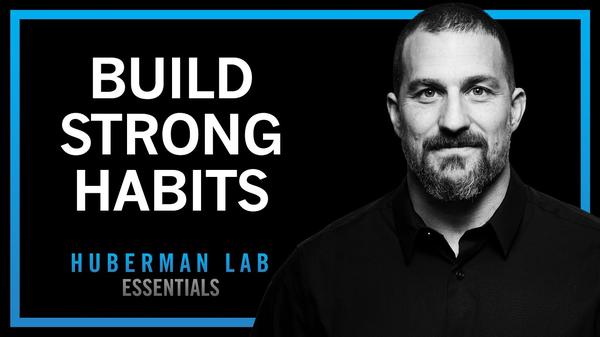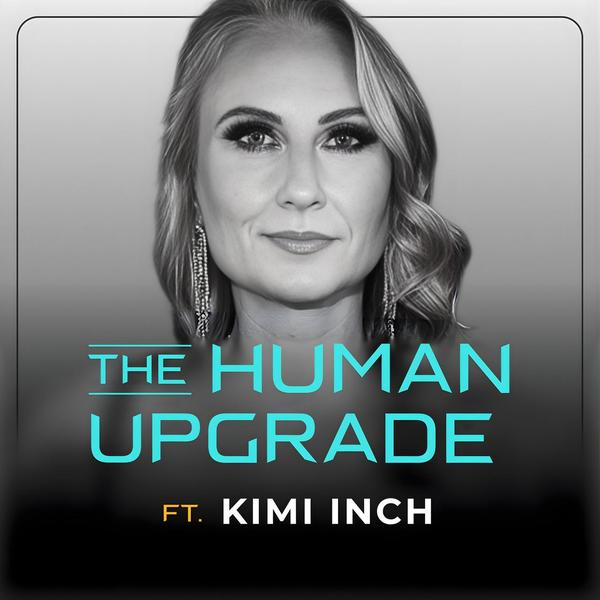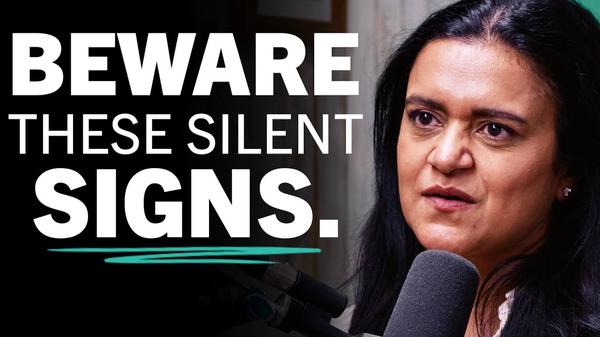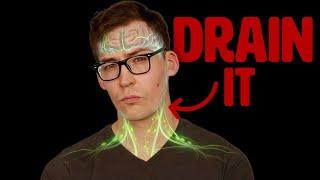
Essentials: Understanding & Healing the Mind | Dr. Karl Deisseroth
Andrew Huberman
May 15, 2025
Mindsip insights from this episode:
Develop at-home ADHD diagnostics with quantitative EEG technology
Quantitative EEG-based diagnostics, using a non-invasive skull cap with electrodes, are being developed for ADHD and may one day lead to at-home tests.
Discover vagus nerve stimulation's origins in depression and epilepsy treatment
Vagus nerve stimulation was initially explored as a treatment for depression and epilepsy primarily because the nerve is surgically accessible in the neck.
Utilize ECT for severe, treatment-resistant depression
Electroconvulsive therapy (ECT) is an extraordinarily effective treatment for severe, treatment-resistant depression, often working when medications fail.
Address untreated anxiety to prevent depression
If you have a serious untreated anxiety issue for a year or more, it can convert into depression, adding another problem on top of the anxiety.
Leverage MDMA therapy to reshape relationship dynamics
The lasting benefit of MDMA therapy may come from the brain learning from the acute experience of extreme connectedness, creating a new, stable model for what's possible in relationships.
Utilize psychedelics to break rigid thought patterns in depression
Psychedelics may work by increasing the brain's willingness to accept unlikely hypotheses, helping to break the rigid, hopeless thought patterns common in depression.
Recognize phone checking as a functional behavior, not a disorder
A behavior like frequent phone checking is not considered a psychiatric disorder unless it disrupts social or occupational functioning, which for many people, it currently enhances.
Achieve deep thinking through stillness and meditation
Dr. Karl Deisseroth finds that to think abstractly and deeply, he must be completely motionless, a state he finds almost meditative.
More from
Andrew Huberman
You also might be interested in
The Hidden Damage That Happens "Behind-The-Scenes" In The Adult Entertainment Industry, With Former Adult Actress Felicity Feline
The Science of Erotic Altered States | Biohacking Sex
Neuroscientist: If You’re Feeling THIS, You’ve Lost Touch With Your True Self
Neuroscientist: If You Feel THIS, You're Living the Wrong Life (Unlock The One You're Meant For)
Drain your Brain, Protect it from Alzheimer’s Disease





